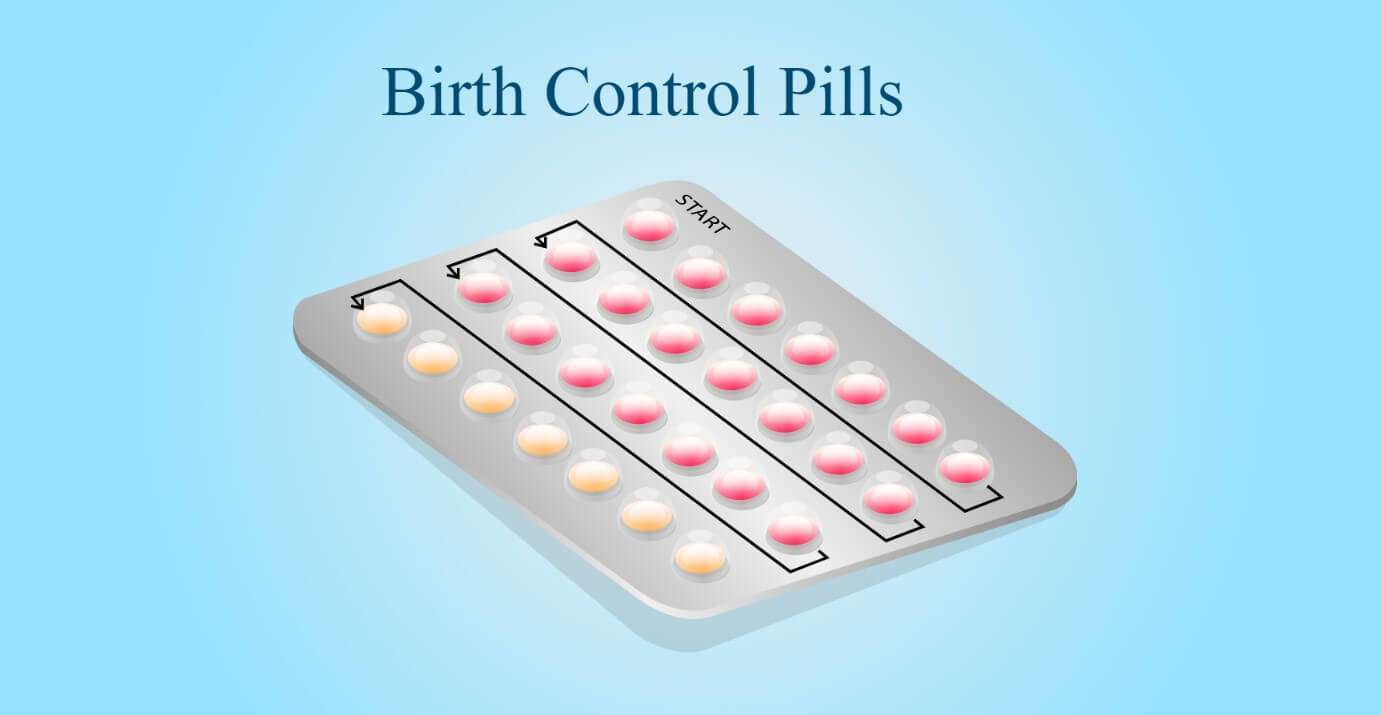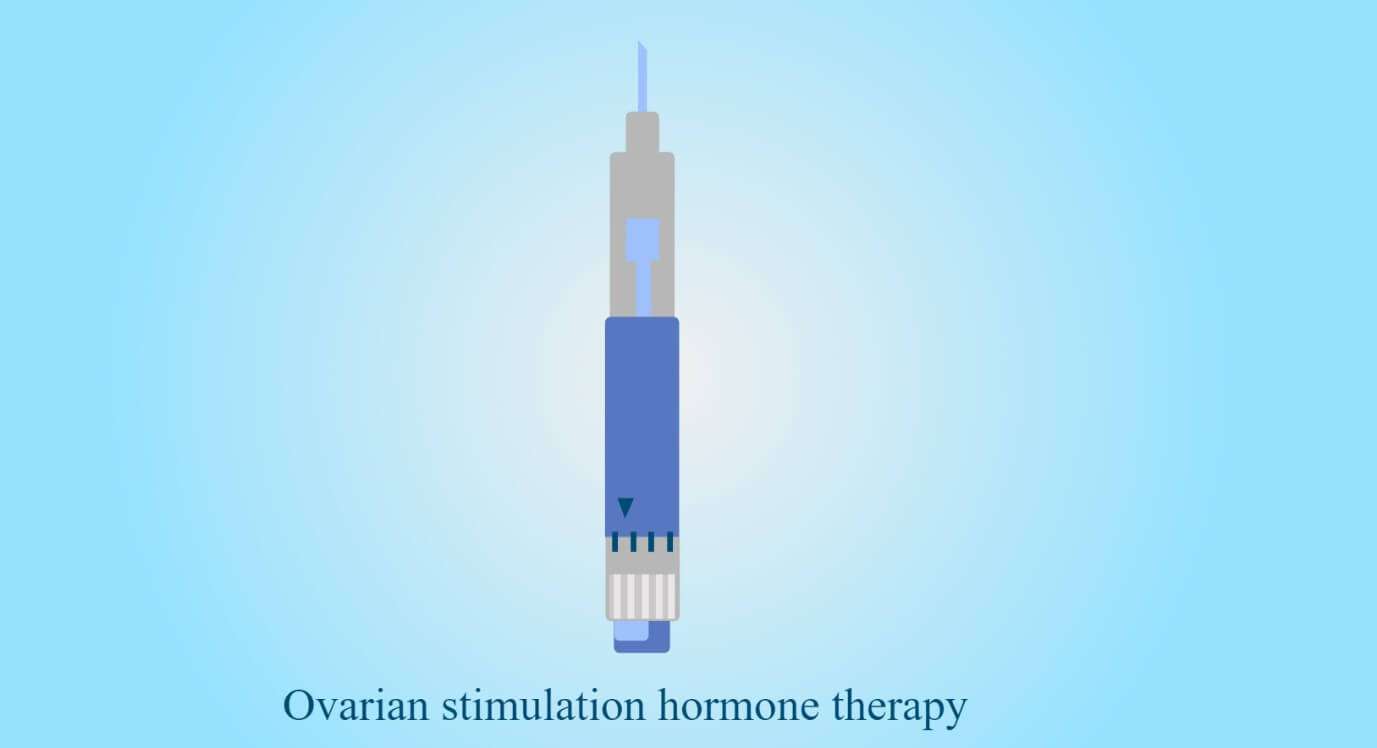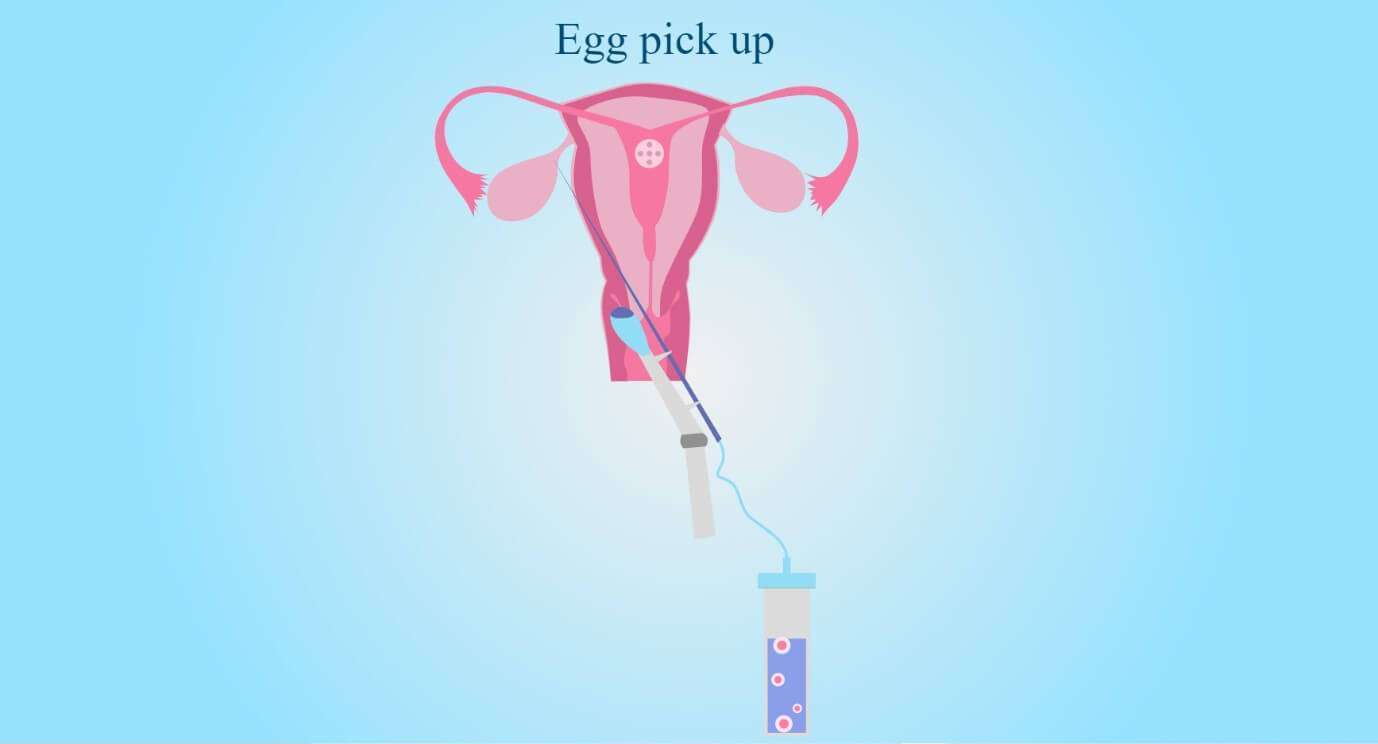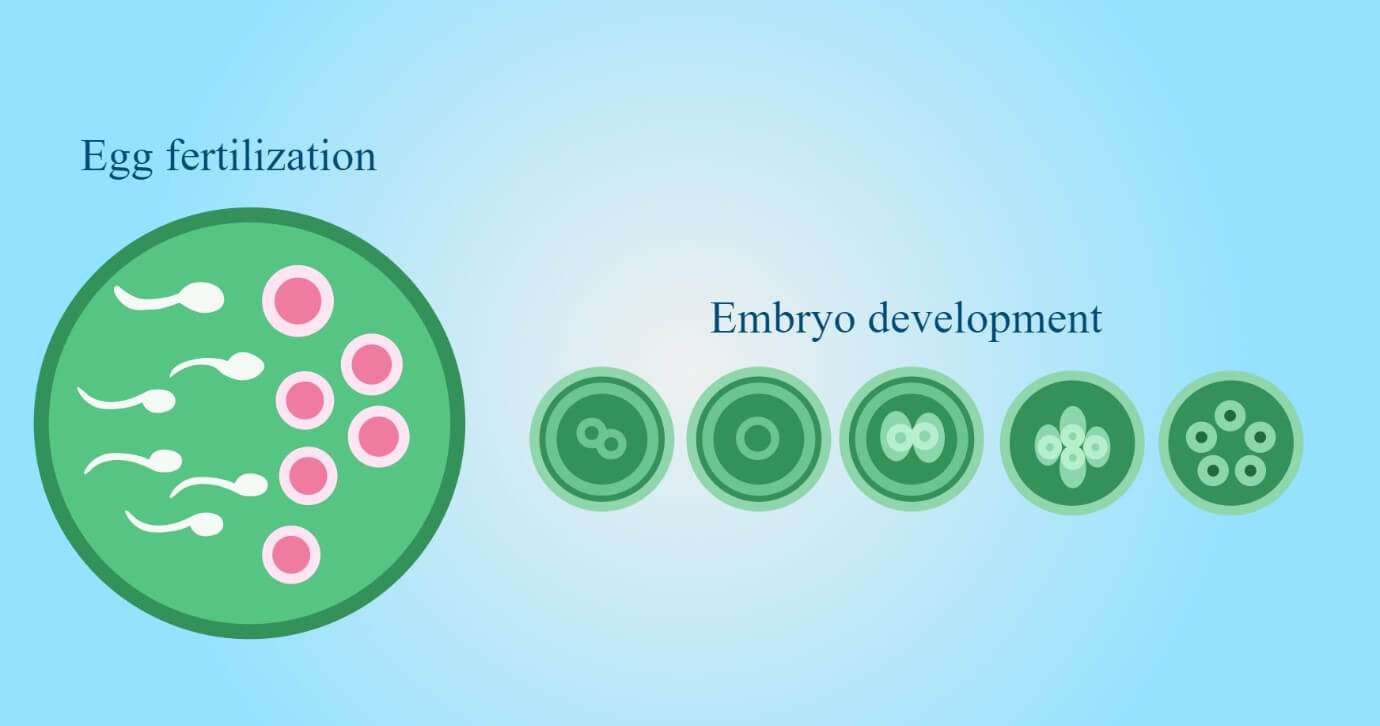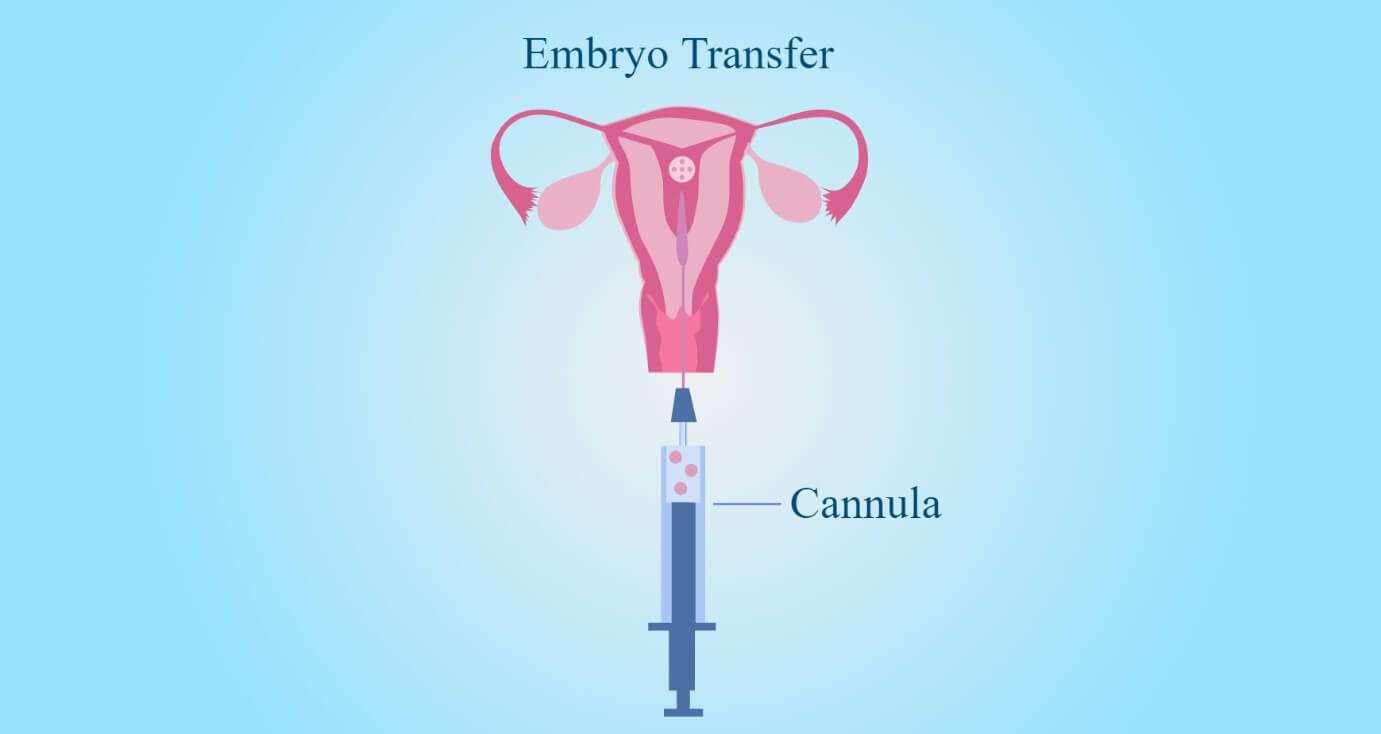IVF Treatment in India
Are you trying to conceive but failed due to infertility problems?
The solution is IVF – A ray of hope for infertile couples…
Keep all your worries aside and read on this helpful article.
Dr. Hrishikesh Pai is one of the leading IVF doctors providing IVF treatment in India.. Moreover, he received training in IVF
– Clinical Fellowship in Reproductive Biology and Embryology from The Royal Women’s Hospital, Melbourne, Australia in the year 1990.
What is IVF?
Invitro fertilization or IVF is an advanced reproductive technique and infertility treatment performed worldwide.
IVF is the process of combining the eggs and sperm outside the body to form a human embryo which leads to conceiving a child.
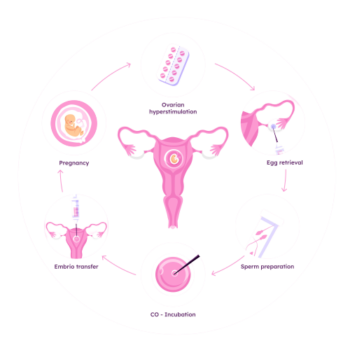
What are the steps/ procedure in IVF?
This is the complete procedure of IVF treatment.
After the procedure, you can resume your normal daily activities. Avoid vigorous activity that may lead to discomfort.
After 12 to 14 days our doctor will test a sample of your blood to detect whether you are pregnant or not.
What is the cost of IVF treatment in India?
The cost of IVF treatment in India compared to other countries is quite affordable and result-oriented.
Especially, people from other counties consider coming to Mumbai to consult
Dr. Hrishikesh Pai and get the treatment at a reasonable IVF cost in Mumbai.
What is the success rate of IVF?
World-wide success rates of IVF range between:
| Age (in years) | Success Rate |
| Less than 35 | 40%-45% |
| 38-42 | 20%-40% |
| More than 42 | 10% |
Our fertility specialists would advise considering the use of the egg donor if you are above the age of 42 years.
The success rates when using an egg donor is similar to that of the woman of 37 years of age.
Factors affecting the success rate of IVF
- The quality of the embryos determines the success or failure of IVF.
- It also depends on when or how many embryos are transferred.
- Presence of medical illnesses or immune conditions or if you are taking any medications that have the potential to affect the quality of the eggs can affect your success rates as well.
What are the advantages of IVF?
- IVF provides the highest chances of having a child with their eggs for women with blocked or damaged fallopian tubes.
- IVF can be used to increase the chances of conceiving in older couples especially those with a low ovarian reserve.
- Couples with male infertility problems will have a much higher chance of conceiving with IVF than conceiving naturally.
- IVF has proved very successful for women with PCOS. Polycystic Ovary Syndrome (PCOS) is a common condition in which there is a hormonal imbalance leading to irregular menstrual cycles.
- Women with endometriosis, where parts of the womb lining grow outside the womb, may require IVF as it has proved successful for premature ovarian failure.
- Women for whom menopause has started can have IVF treatment by using donor eggs which typically has high success rates.
What are the disadvantages of IVF?
- The success of IVF is not guaranteed and patients sometimes have to undergo more than one cycle of treatment before they are successful.
- IVF comes with a small chance of developing side effects. The most severe of these being the Ovarian Hyperstimulation Syndrome (OHSS). Fortunately, the use of less or no drugs in natural and mild IVF cycles means that the chances of developing unwanted risk of OHSS are decreased or eliminated.
- Often more than one embryo is put back into the uterus and this leads to a higher likelihood of multiple pregnancies. Around 20% to 30% of IVF pregnancies can result in multiple pregnancies. Multiple pregnancies carry associated health risks to mother and baby. There are higher chances of miscarriage and premature labour.
- There is a slightly higher chance of ectopic pregnancy. It is the condition in which the fertilized egg grows outside the main cavity of the uterus. If left untreated, it can cause damage to nearby organs. With IVF treatment the risk of an ectopic pregnancy is high particularly in women with damaged fallopian tubes.
- IVF can increase the risk of prematurity and low birth weight. Low weight at birth may cause long term health problems for the child.

